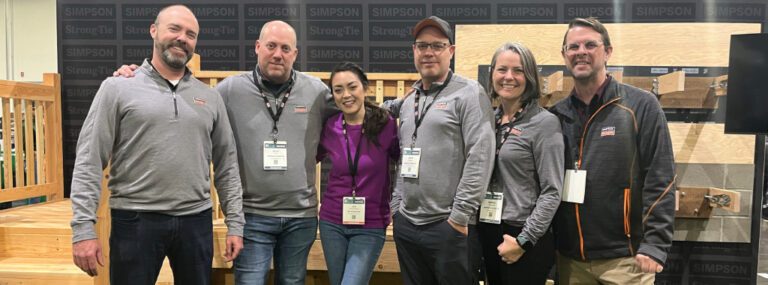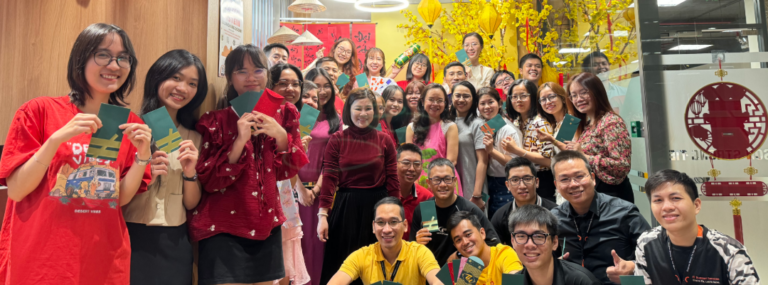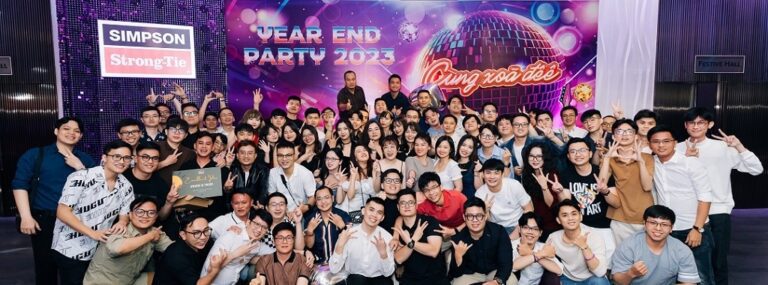
As a Senior HR Systems Analyst – UKG, I manage the Kronos/UKG Dimensions application (an employee timekeeping app) for Simpson Strong-Tie. I have been with the company for a year and a half. In my role, I manage and execute the ongoing administration, maintenance, support and future enhancements of the UKG application in alignment with the company’s objectives and governance model. I collaborate with HR, Payroll and IT to ensure system uptime, configuration accuracy and, ultimately, that the needs of the business are being met. I strive to deliver thoughtful, sustainable, technically sound recommendations and solutions to the business teams and contribute to the company’s success.
The manufacturing industry is facing a talent crisis. The knowledge base of the manufacturing industry is preparing to retire over the next several years, with projections showing that by 2030, 77% of these highly skilled employees will have left the workforce. To tackle the manufacturing talent crisis, we need to develop strategies for recruitment and retention, as well as company culture initiatives focused on how to capture even a small percentage of 61M Gen Z-ers geared to enter the workforce. How can we attract and retain able, skilled and engaged future workforce?

At Simpson Strong-Tie, we have Gen X and Baby Boomers making up 55% of our workforce and Gen Z making up only 6%. A succession is an important issue, as we expect the number of Baby Boomer retirements to increase in the near future, which means we’ll need a pipeline of talent to backfill roles ranging from individual contributor through director level. But just as important as long-term succession, we’re struggling with hiring in our manufacturing workforce, and if Gen Z is going to at some point in the near future be the largest working talent pool, it’s a high priority for Simpson to figure out how we get this generation to apply at Simpson. Currently, we hire twice as many Millennials as we do Gen Z ,with Gen Z hiring falling even behind Gen X hiring.
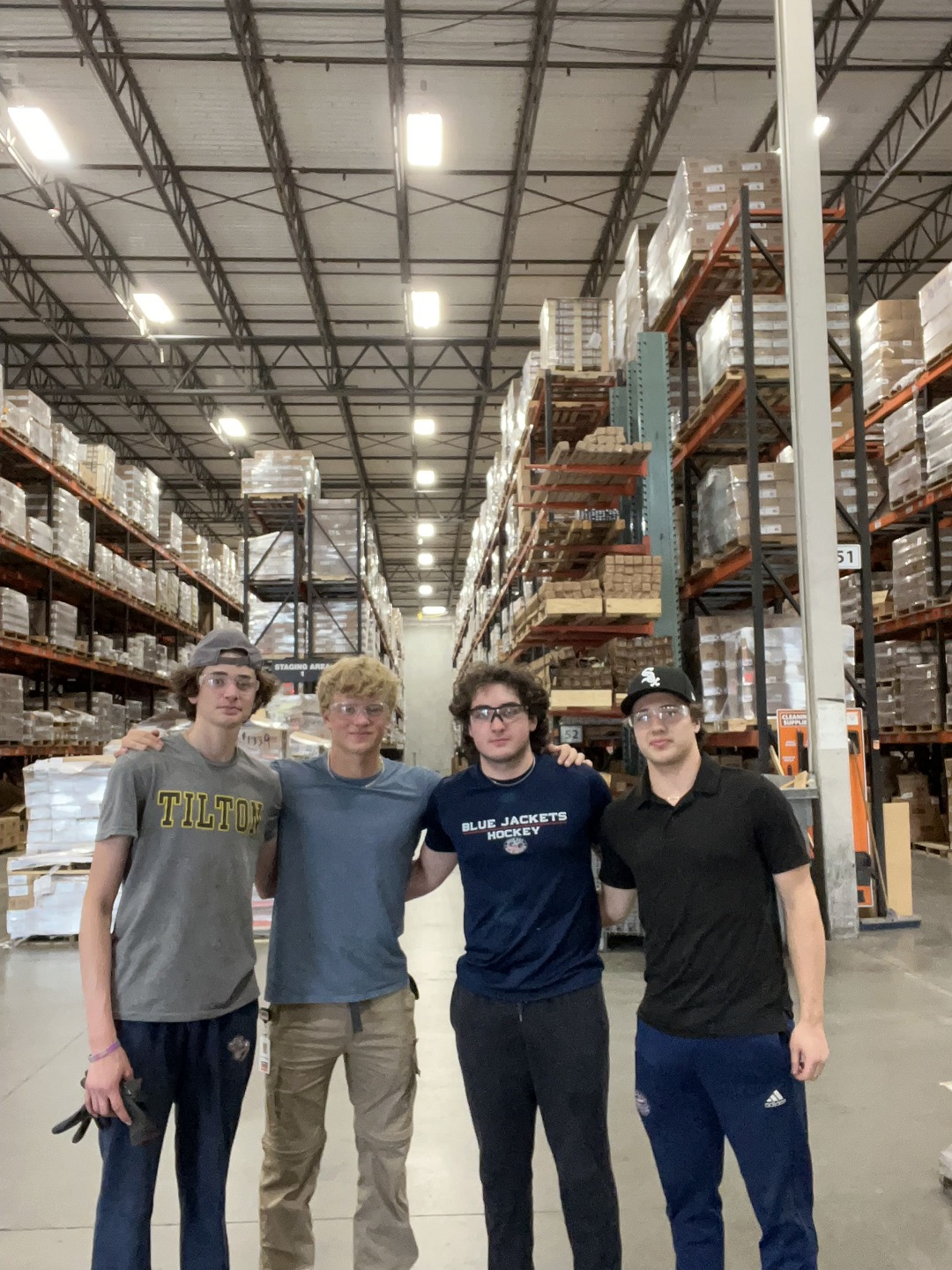
When Gen Z is asked what’s important on the job, the answer is everything, be it career development, time off, schedule flexibility or work-life balance. They want the holistic workplace experience, and this next generation is looking for more than just a job. At Simpson Strong-Tie, our founder said “When people join our company, they don’t come for a bus stop. This is a career.” When you think of the best a family has to offer — support, collaboration, and respect — that’s what we value at Simpson Strong-Tie. When there’s a win, we’ll cheer you on. When there’s a snag, coworkers step in to help you out and I think that aligns with what Gen Z values in an organization.

Gen Z are the first true “digital natives,” meaning they don’t remember a time without screens. Almost all (98%) own a smart phone, and nearly 23% expect text messaging to be an essential part of workplace communication. They are also a passionate and highly educated group of people who want to make a difference: 83% of younger workers say that they want to work for a company that allows them to make a positive impact on the world.

These attributes can make them more difficult to manage and train. Why? Gen Z has always had access to information when and where they need it through Google or other online or mobile platforms. It may be difficult for manufacturers to satisfy those expectations in a work environment where managers are often stuck in a back office working through dated spreadsheets. Manufacturers need to ensure that when Gen Z comes to work, they have access to information in a friendly format using modern, consumer-grade technology. This access will help them drive higher value for the organization by giving them the tools that support a key motivator — making an impact on the job.

At Simpson Strong-Tie, we have rolled out text-based recruiting whereby our recruiters can engage with candidates via text message, just another technology tool to make it easier to engage with and attract Gen Z talent. We are trying hard to meet Gen Z where they are. In addition to being active on LinkedIn, we’re also on all the major social media platforms like Instagram, Facebook, and YouTube trying to tell our story and engage this digital generation so we can show them the many different career paths they have at Simpson, be they in sales, engineering, manufacturing, operations, etc.
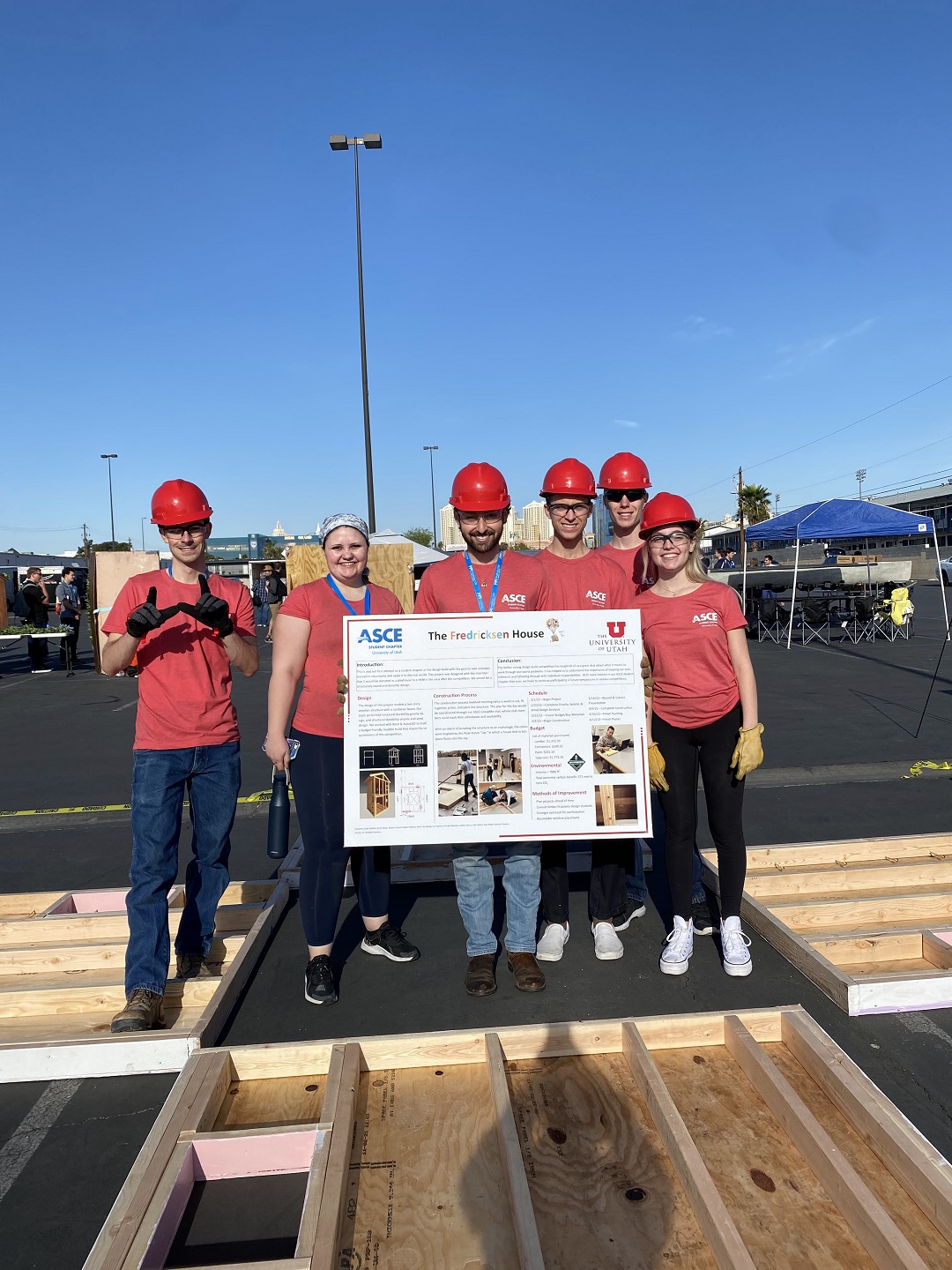
We are collaborating with local schools and colleges. We have targeted engineering schools for our engineering positions traditionally, so one area we’re looking at is more targeted solutions around trade schools and even high schools to provide outreach on what it’s like to work in manufacturing and selling our brand as an employer of choice.
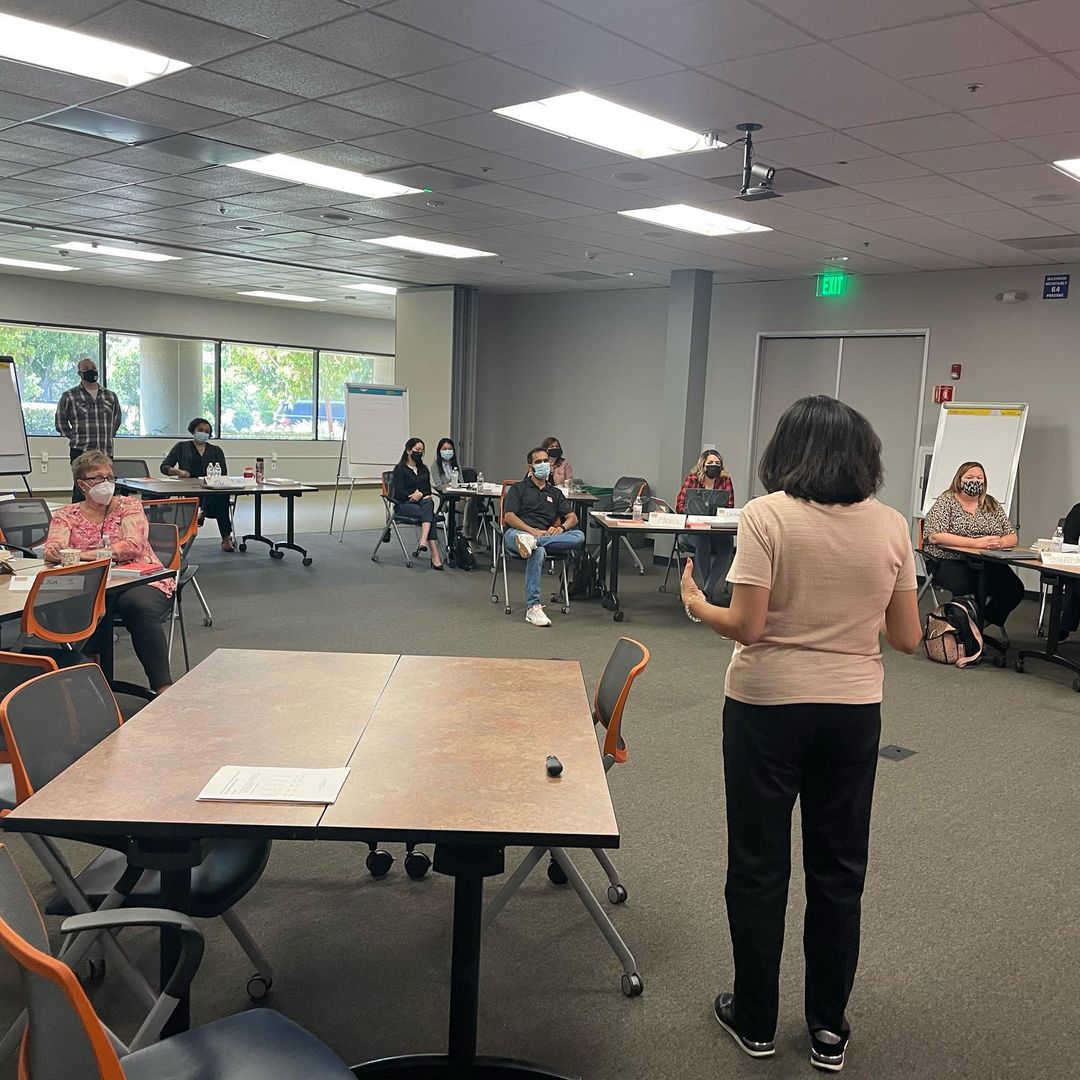
As part of retaining strategies, we are analyzing Total Rewards strategy by generation, gender, tenure, etc. to create compensation, benefits and promotion packages to suit the expectations of the modern workforce. We are also making a big push on providing more transparency to our employees on career pathing — for example, what skills they need to move to the next level. In line with the career development, we’ve got a few in-house apprenticeship programs. We also have introduced more frequent manager check-ins and also manager development programs. To maintain our industry leadership, we know we need to continue to attract, retain and develop all the talent the workforce has to offer.
These are some of the solutions we are working on to tackle the workforce crisis. Furthermore, we continue to have lean events to evaluate and strategize innovative ways we can attract this next generation of talent. I love to help and be part of the new HR initiatives like Employee engagement and DE&I that we are working on as well. Being part of HR and also raising Gen Z kids of my own who will soon be part of this new workforce, it is always exciting for me to be involved in these initiatives. I can’t wait to see the company mobile app and more exciting initiatives unfold for Simpson Strong-Tie.
